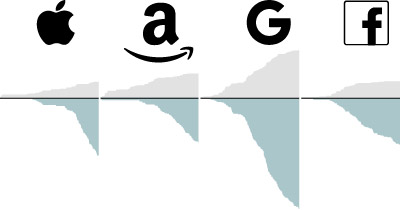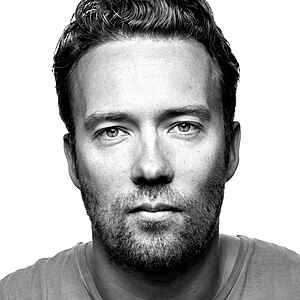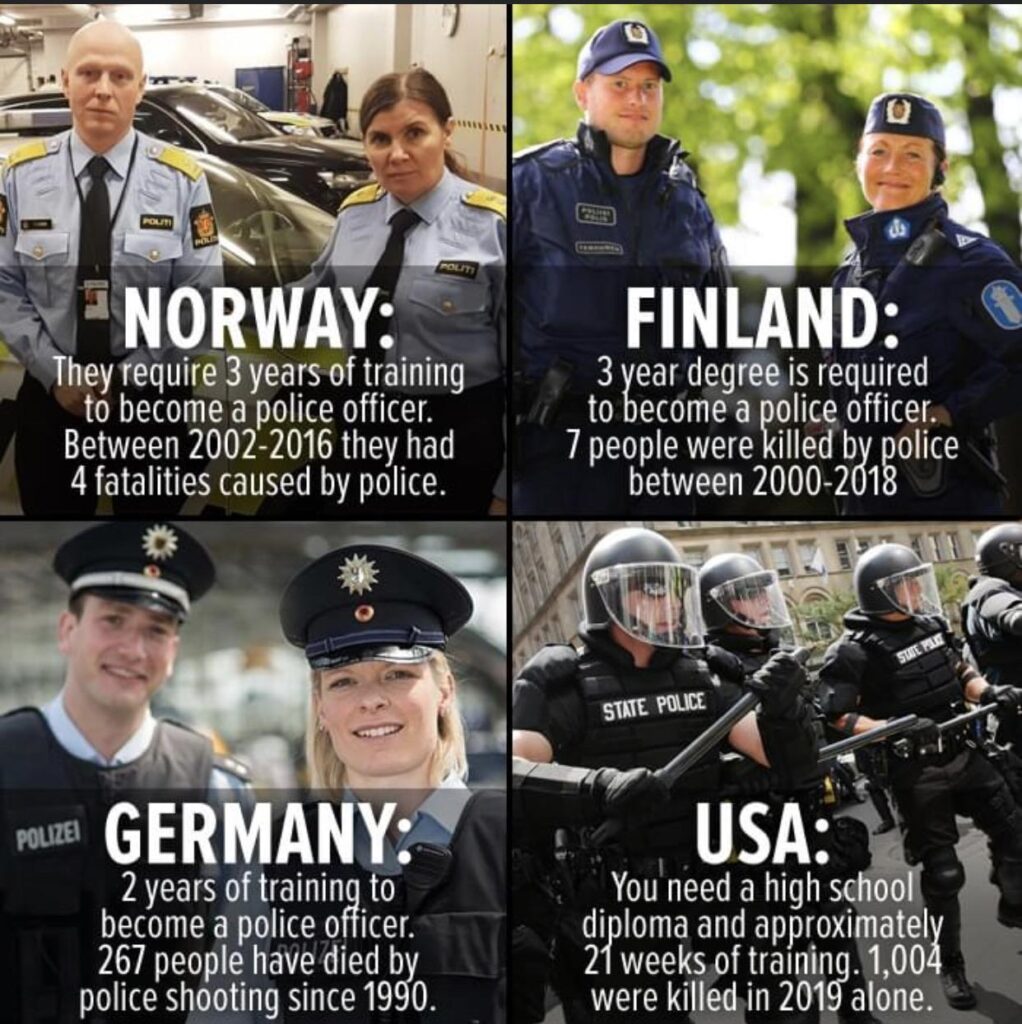Apple still appears to provide far more data to U.S. law enforcement. Over that same period, from 2013 through June 2020, Apple said it turned over the contents of iCloud accounts to U.S. authorities in 10,781 separate cases.
Source: Censorship, Surveillance and Profits: A Hard Bargain for Apple in China – DNyuz
That’s an average of over 1,500 cases a year.
The documents also show that Apple is using different encryption technology in China than elsewhere in the world, contradicting what Mr. Cook suggested in a 2018 interview.
The digital keys that can decrypt iCloud data are usually stored on specialized devices, called hardware security modules, that are made by Thales, a French technology company. But China would not approve the use of the Thales devices, according to two employees. So Apple created new devices to store the keys in China.
Makes sense.
Apple has tried to isolate the Chinese servers from the rest of its iCloud network, according to the documents. The Chinese network would be “established, managed, and monitored separately from all other networks, with no means of traversing to other networks out of country.” Two Apple engineers said the measure was to prevent security breaches in China from spreading to the rest of Apple’s data centers.
Apple said that it sequestered the Chinese data centers because they are, in effect, owned by the Chinese government, and Apple keeps all third parties disconnected from its internal network.
They darn well better. I’m quite certain that China’s Ministry of State Security desires personal data on Americans on a level that rivals even that of the NSA.
China has been stealing intellectual property from all across the globe for decades, and now they don’t even have to fool with it any more. Anyone wanting to do business in China has to hand over all the keys to the kingdom, literally and figuratively. No muss; no fuss! You want allowed into their vast, growing, and under-fleeced market? You give China anything it wants, in the form of information and control. That’s the deal; take it or leave it.
And, as it turns out, basically every company on the planet is taking that deal, for the sake of their sales, their share price, and the personal wealth of their officers and board members. What a bargain!
In return, we peasants get labor-subsidized iPhones. They’re already $1,000 computers. Who knows how much they would cost if they weren’t being assembled by people making $5/day. What a deal!
So everyone is getting something from this situation, and there’s no one left to complain. Ergo, it will not change for the foreseeable future.




